SnapDragon’s AI-enabled software and expert brand protection team track, detect and remove fakes – fast. From first warning signs to full-scale enforcement, we’ve got you covered.
Trusted by global brands to keep them protected – and growing.
From startups to household names, SnapDragon gives businesses the confidence to scale safely.









We start by finding brand threats wherever they’re hiding. Our technology scans marketplaces, websites, social media, and even NFTs – tracking down threats others miss. We combine advanced keyword and image-matching with powerful data harvesting to surface infringements fast.
Next, we identify fakes with a robust combination of AI-powered software and experienced analysts. We then sort the findings into categories, so you know exactly what’s happening – and what to do next.


When we find infringements, SnapDragon acts quickly to enforce your rights. We take down fakes, block bad actors, and work directly with global platforms to protect your brand at scale.
We go deeper to uncover the full picture by directly gathering evidence and connecting the dots across platforms. This helps you assess threats before taking action. Whether you need proof for enforcement or insight for strategy, we have you covered.

Associate Partner
Talk to a brand protection expert
We’ll help you understand what’s happening online and find a plan that fits your brand and your budget.
Whether you’re managing a brand or defending one, SnapDragon offers expert tools and support to help you take control and stay protected.

Safeguard your brand’s reputation, protect your revenue, and stay ahead of online threats.

Support your clients with trusted, flexible brand protection that’s built to scale and ready to act fast.
© Copyright 2025, All Rights Reserved by SnapDragon Monitoring Ltd.